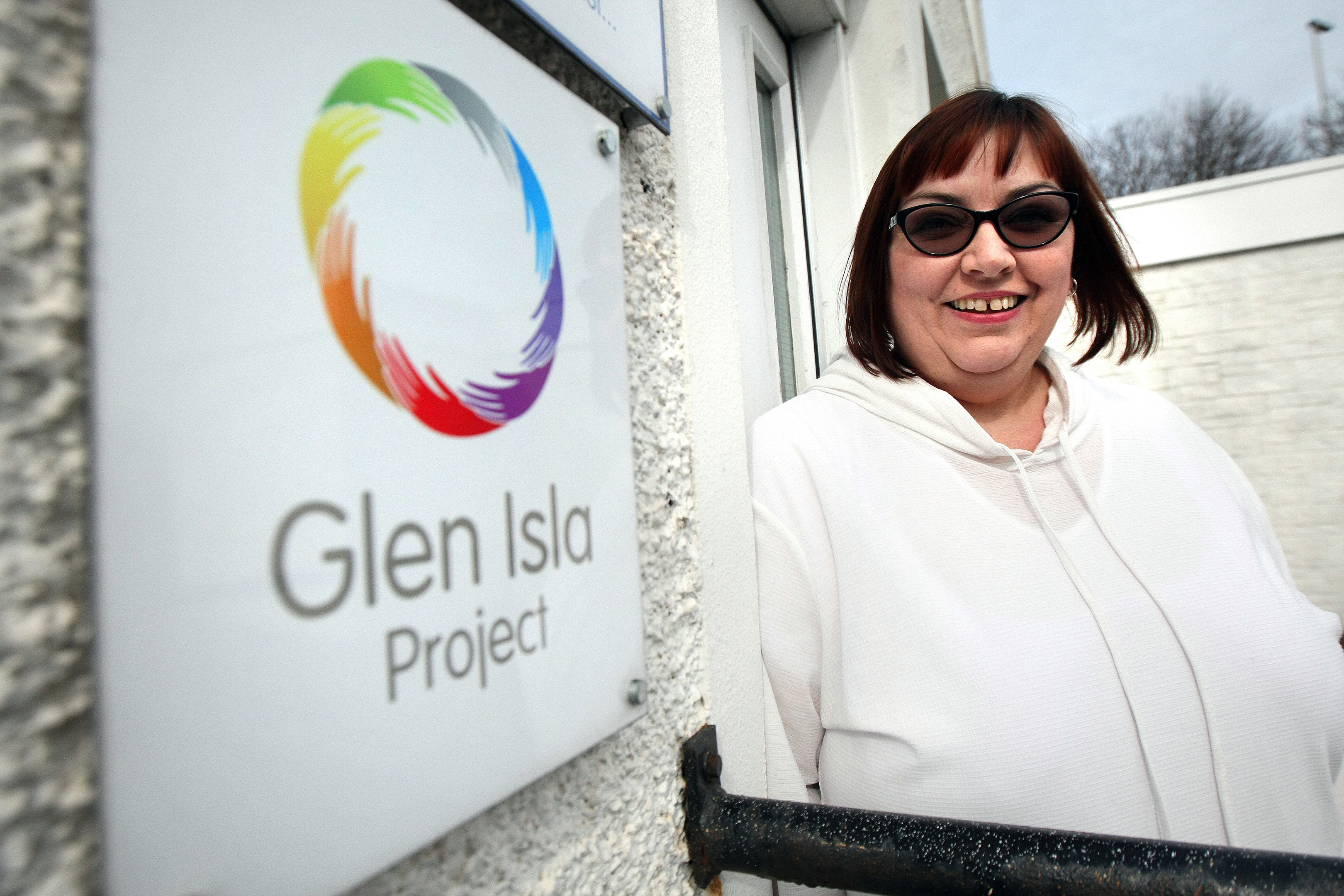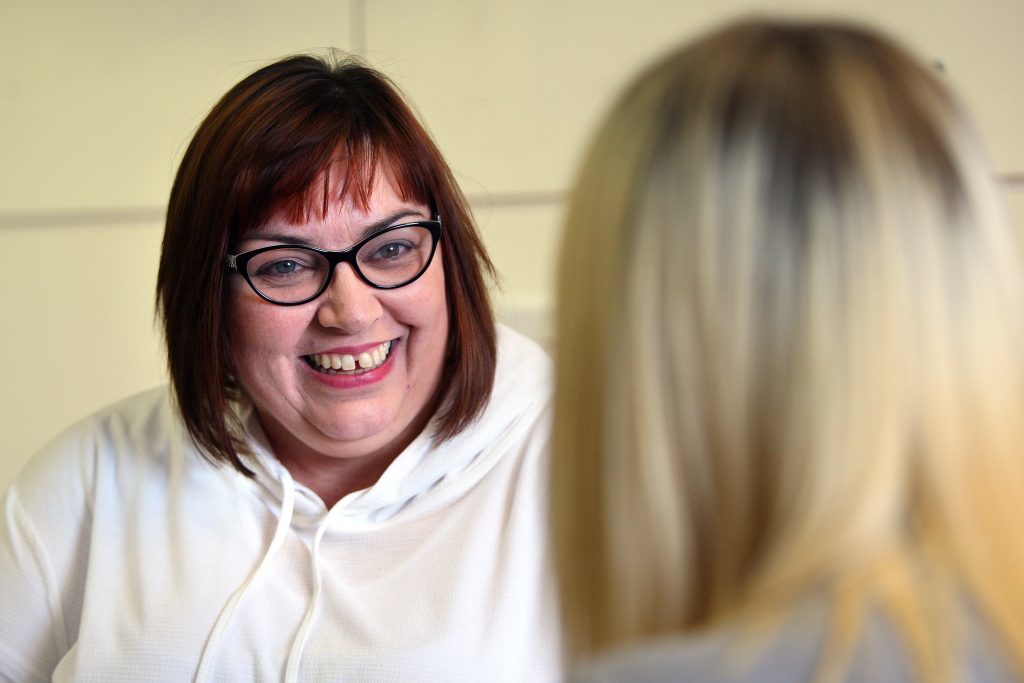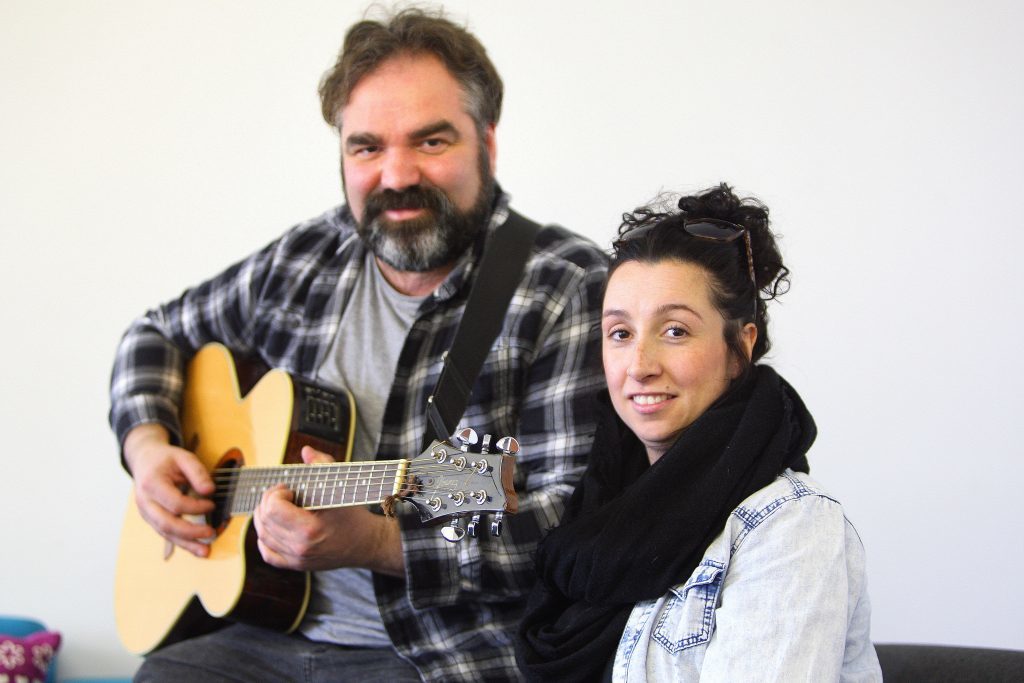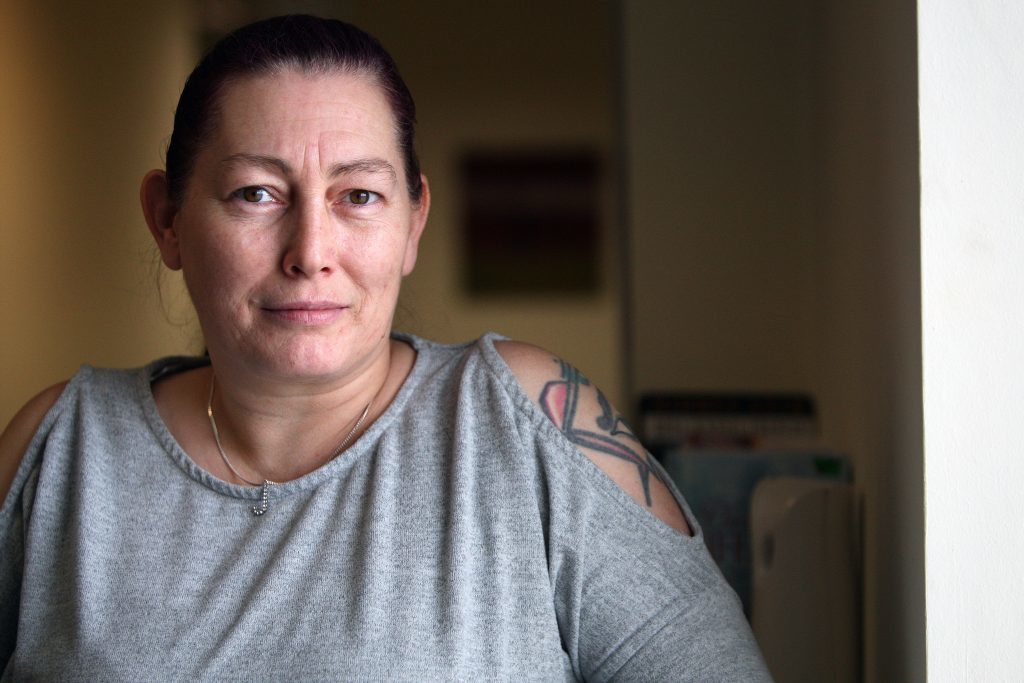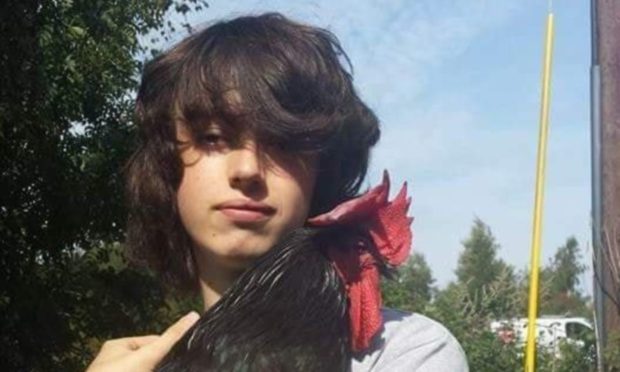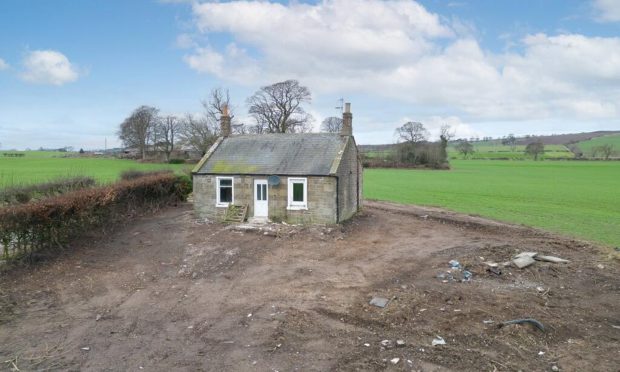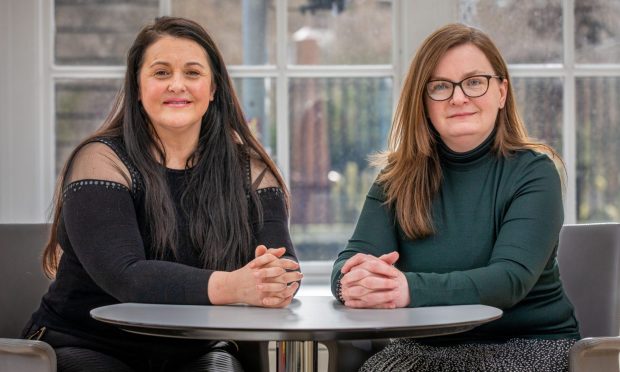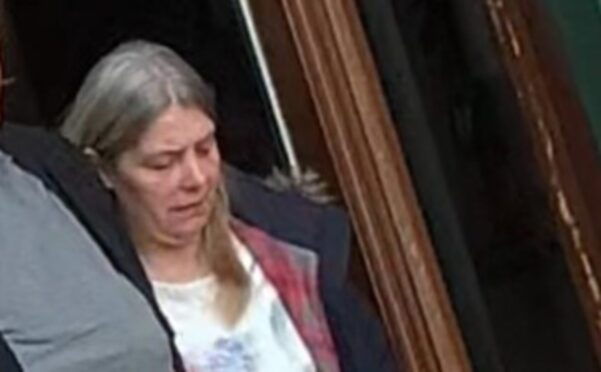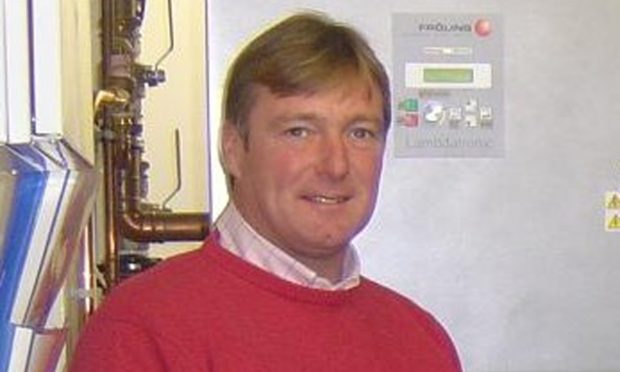Every female offender in Angus has completed a community payback order imposed by sheriff courts in the past six months.
Staff at the Glen Isla Project,which oversees CPOs for female offenders, say they are delighted by the high level of engagement by the women referred to the programme.
The unique Angus project’s employees hope their innovative courses lead to a reduction in reoffending and the women making positive changes to their lives.
Around 50 women engage with the Arbroath-based project at any time, with around half that number completing their CPO in the past six months.
“We try to get the balance between them paying back to the community but also supporting women to get the help and support they need to move them away from offending,” said deputy manager Lynne Robertson.
“We have reflected on how we have been so successful at getting women through their orders. We can be quite tough on them at times.
“If women miss appointments they’ll get the same telephone calls, letters and knocks on the door that guys do.
“But we feel that it may be because we have different ways of trying to engage them with the programmes we run.
“We invest a lot of time and energy in trying to get to know our women and hope this working relationship lends itself to helping them make positive choices.”
The Glen Isla Project started just over three years ago in response to the Scottish Government’s Commission on Women Offenders and an internal evaluation of Angus Council’s services for female offenders.
Both identified difficulties that women had in accessing support services.
The project combines social workers, health workers and the voluntary sector and works closely with sheriffs, procurators fiscals, the police, childcare services, housing and other partner agencies in Angus.
Lynne continued: “The Commission said the current criminal justice system was predominantly set up to deal with male offenders and wasn’t meeting the needs of female offenders.
“What research and studies have shown is that and that custody wasn’t working for the majority of women, predominantly because a lot of women have experienced trauma and need more support.”
The court sentence dictates the level of involvement that the Project has.
If an offender is ordered to complete unpaid hours of work then Glen Isla staff would set up the placement.
However, if the sentence is a community payback order with the requirement of supervision or to complete a programme then the staff are more involved.
“Our main group is called the Good Choices Project, which is a mixture of drama, drama and music,” explained Lynne.
“It aims to help the women open up and reflect on their experiences by composing poetry which is then put to music.
“We have also recently developed a buddying system with the Institute for Research and Innovation in Social Services (IRISS) which is based on our ethos of ‘supporting women to support women’.
“Some women choose to continue to work for the Project even after their court order has been completed.”
Glen Isla is also supporting the new problem solving court which is held once a fortnight at Forfar Sheriff Court.
The court allows sheriffs to monitor how offenders are progressing with their court orders and also allow Glen Isla Project staff to offer their input.
“There are no guarantees that people won’t reoffend,” Lynne added.
“However, we are hoping that through working with the project that the women will have learned other ways to manage situations or have more support in terms of changing their circumstances or addressed the issues that led to them being involved with the police and criminal justice system.
“We are immensely proud of what they can achieve through the project and are grateful to all the professionals and volunteers who support our efforts. We hope we can make a difference.”
The Good Choices Group
The Good Choices group run at the Glen Isla Project is run by qualified dance teacher Donna Reilly and supported by actor Ian Bustard and musician Billy Muir.
Through the medium of dance, drama and music, women use the group as a way of talking about their issues and looking at things that happened to them in the past.
“The women write poetry about their thoughts, feelings and experiences,” explained deputy manager Lynne Robertson.
“This is then put to music so they have some songs and then we write a script to go around it. Before we know we have a wee musical.”
Lynne said the novel approach led to the participants being more willing to open up about their experiences.
“A lot of the women when they come are absolutely terrified and they say ‘I’m no singing, I’m no dancing’, but actually once they’ve been for a few weeks they love it,” she said.
“The feedback we’ve had from the women is incredible in terms of giving them confidence.
“Some women have said that if they feel they are going through a tricky situation they think ‘well I stood up and sang a song in front of an audience – if I could do that I can go to this meeting’.”
In September a group of women who had completed the course put on a musical show which was attended by their families and friends, solicitors, both sheriffs from Forfar Sheriff Court and professionals who support Glen Isla Project.
The project was recognised at the Tayside Criminal Justice Authority award ceremony earlier this month for “best innovation”.
Case study
Judi Toledo was referred to the Glen Isla Project after admitting a benefit fraud at Forfar Sheriff Court last February.
The 46-year-old first offender from Brechin said she gained confidence and self esteem from completing the Good Choices music and drama course.
“It was a way of showing that we can do things never been given an opportunity to do,” she said.
“I didn’t know what to expect or what sort of people would be there as I’d never had any dealings with the criminal justice system before.
“But everyone there was so supportive towards each other.”
Since finishing her community payback order last June, she has continued to attend the group voluntarily.
Judi added: “I like to help the other girls and enjoy the fun we have and what we learn. I believe in the project. It helps people make better choices.
“I’d like to thank Sheriff Gregor Murray for giving me that sentence because it’s changed everything for the better.”
